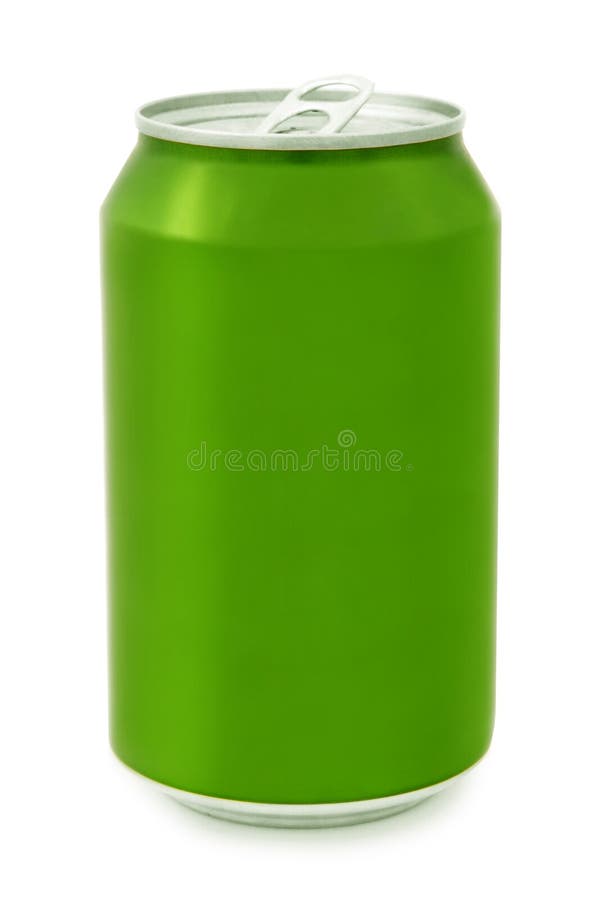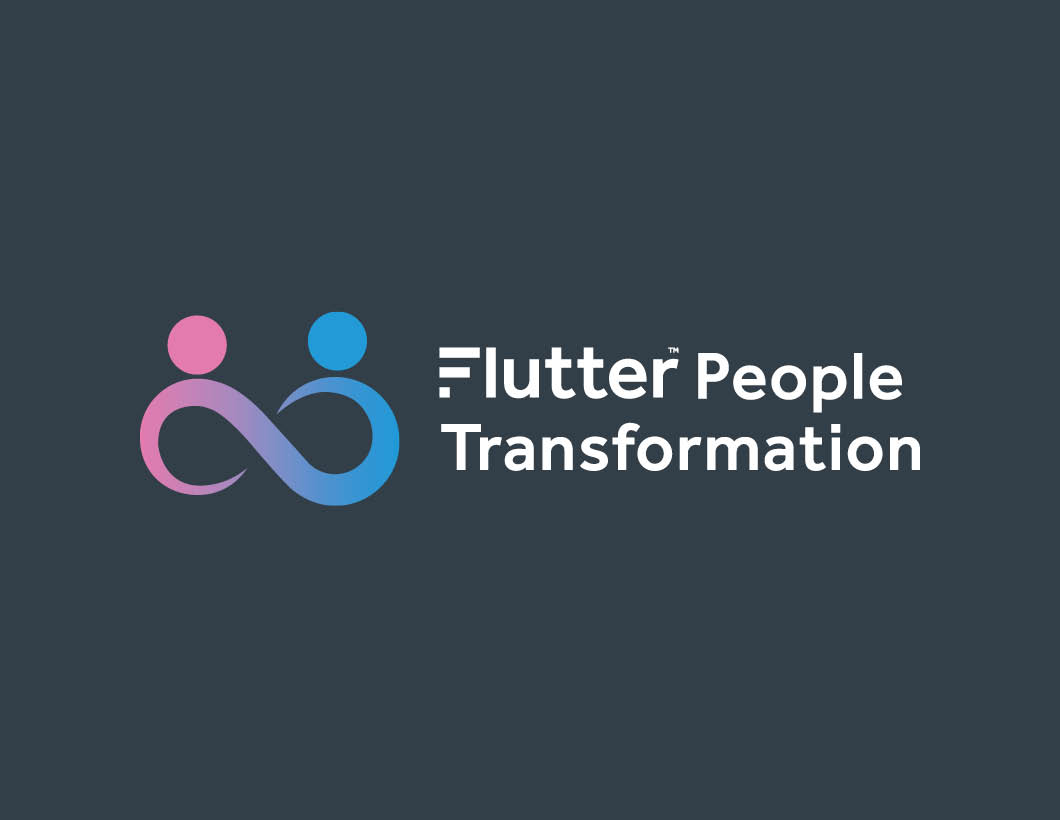Unlocking Focus: How Martial Arts Support Cognitive and Behavioral Development in ADHD
Introduction
Attention-Deficit/Hyperactivity Disorder (ADHD) is a neurodevelopmental condition that affects millions of children and adults. Symptoms commonly include difficulties with attention, impulsivity, self-regulation, and organization, which can disrupt academic performance, relationships, and daily routines. While standard treatments often combine medication and behavioral therapy, many families and individuals seek complementary approaches to manage symptoms and enhance quality of life. One promising avenue is martial arts training, a discipline that combines physical activity with mental focus, structure, and self-control. Recent research has begun to clarify how martial arts programs can be beneficial for those with ADHD, offering improvements in cognitive function, behavioral regulation, and emotional well-being.
Martial Arts and ADHD: Scientific Evidence
Multiple peer-reviewed studies have examined the impact of martial arts interventions-such as taekwondo, karate, judo, kung fu, and tai chi-on individuals diagnosed with ADHD. Structured martial arts training has been shown to produce measurable improvements in attention, working memory, and inhibitory control. For instance, a comprehensive narrative review found that disciplines like judo and taekwondo were associated with enhanced executive functioning and self-regulation, suggesting that the multimodal nature of martial arts supports both cognitive and behavioral development [1] .
One notable study tracked adolescents with ADHD over an 18-month Taekwondo program. Participants demonstrated significantly better selective attention and inhibitory control compared to a control group, as measured by standardized cognitive tests. The researchers concluded that martial arts practice should be integrated into general intervention plans to support attention and overall health in youth with ADHD [2] . These findings are echoed in additional research highlighting improvements in self-control, emotional regulation, and problem-solving skills among martial arts practitioners with ADHD [3] .
Understanding the Mechanisms: Why Martial Arts Help
Martial arts training is unique in its blend of physical, mental, and social challenges. Students must follow precise instructions, memorize sequences, maintain discipline, and adapt to structured routines. These demands stimulate brain regions responsible for executive functions, including the frontal cortex and cerebellum. Regular engagement in martial arts has been shown to strengthen neural networks involved in working memory, prioritization, sequencing, and sustained attention [5] .
The repetitive and challenging nature of martial arts also targets inhibitory control-the ability to resist impulsive actions and focus on goals. This is particularly relevant for individuals with ADHD, as inhibition is often the most impaired executive function but also the most responsive to training. Martial arts reinforce traits such as restraint, patience, and self-discipline, which translate to improved performance in academic and social settings [4] .

Source: neurolaunch.com
On a neurochemical level, physical activity involved in martial arts increases the flow of dopamine, serotonin, and norepinephrine-brain chemicals that regulate attention, mood, and alertness. This biological boost may help stabilize the attention system and reduce symptoms of impulsiveness and hyperactivity [5] .
Real-World Examples and Case Studies
Families and practitioners report substantial benefits when martial arts are included in ADHD management. For example, a parent may observe that their child, who previously struggled with focus in school, becomes more organized and attentive after several months of karate or taekwondo training. Instructors often note that students with ADHD learn to follow routines, wait their turn, and respect boundaries-essential social skills that can be challenging to develop elsewhere.
Schools and community centers are increasingly incorporating martial arts programs designed for neurodivergent youth. These classes may provide smaller group sizes, additional structure, and targeted coaching to address specific behavioral needs. Some programs also collaborate with therapists or special educators to align martial arts training with broader therapeutic goals. While individual outcomes vary, many families report increased confidence, reduced anxiety, and better self-regulation as a result of sustained participation.
Implementation: How to Access Martial Arts Programs for ADHD
If you are considering martial arts as a complementary approach to ADHD management, here are practical steps to get started:
- Consult with healthcare providers: Talk to your child’s physician, psychologist, or therapist about integrating martial arts into an existing treatment plan. This ensures that the chosen activity aligns with medical and behavioral goals.
- Research local martial arts schools: Use search terms such as “ADHD martial arts classes,” “inclusive martial arts programs,” or “adaptive taekwondo/karate/judo” to find providers in your area. Many schools advertise their experience with neurodivergent students and may offer trial classes or introductory meetings.
- Contact organizations directly: Call or email martial arts schools to discuss your needs. Ask about instructor qualifications, class structures, student-teacher ratios, and any special accommodations for ADHD. You may also request references from other families with similar needs.
- Explore community and nonprofit resources: Some community centers and nonprofit organizations offer subsidized or specialized martial arts programs for children with disabilities. You can contact your local Parks and Recreation Department or search for disability sports organizations in your region.
- Observe and evaluate: Attend a class or observe a session before committing. Monitor how the program is structured, how instructors interact with students, and whether the environment feels supportive and accommodating.
- Ongoing communication: Maintain communication with instructors, therapists, and your child to evaluate progress and adjust participation as needed. Be open to trying different styles or schools to find the best fit.
If you are unsure where to start, consider seeking recommendations from your child’s school counselor, pediatrician, or ADHD support group. These professionals often have experience working with local providers and can guide you toward reputable programs.
Potential Challenges and Solutions
While martial arts can offer many benefits, it is important to acknowledge potential challenges. Some students may initially have difficulty adapting to group settings, following complex instructions, or managing frustration during training. To address these issues, look for schools that offer:
- Smaller class sizes
- Experienced instructors familiar with ADHD
- Flexible teaching methods
- Gradual skill progression
- Positive reinforcement and encouragement
It may also be helpful to set realistic expectations, recognizing that progress takes time and may vary from month to month. Communication between parents, instructors, and healthcare providers is key to creating a supportive environment that fosters growth and success.
Alternative Approaches
Martial arts is just one option among many physical and behavioral interventions for ADHD. Other activities such as yoga, dance, team sports, and occupational therapy may also provide cognitive and behavioral benefits. The key is to choose a program that matches the individual’s interests, needs, and learning style. For those who prefer non-competitive environments, disciplines like tai chi or qigong may offer a gentler introduction to structured movement and mindfulness.

Source: neurolaunch.com
Summary and Key Takeaways
Martial arts offer a structured, engaging, and evidence-based approach to supporting cognitive and behavioral development in individuals with ADHD. Research has demonstrated improvements in attention, working memory, self-control, and emotional regulation following sustained martial arts participation. Programs are widely available in communities and can be tailored to meet the needs of neurodivergent students.
If you are interested in pursuing martial arts for ADHD, begin by consulting professionals, researching local providers, and evaluating program fit. With patience and commitment, martial arts can become a valuable component of a comprehensive ADHD management plan, fostering resilience, focus, and self-confidence.
References
- [1] Martial Arts and ADHD: A Narrative Review of Cognitive, Behavioral, and Epigenetic Effects (2025). Narrative review of studies on martial arts and ADHD.
- [2] Effect of Taekwondo Practice on Cognitive Function in Adolescents with ADHD (2019). Peer-reviewed study on TKD and attention improvements.
- [3] Benefits of Martial Arts for ADHD (2025). Community resource on practical benefits and recommendations.
- [4] The Effect of Martial Arts Training on Cognitive and Psychological Function in Youth with ADHD (2021). Intervention study on executive function and self-control.
- [5] The Benefits of Martial Arts for Children with ADHD. Resource on brain networks, self-control, and neurochemical impacts.
MORE FROM cheerdeal.com













